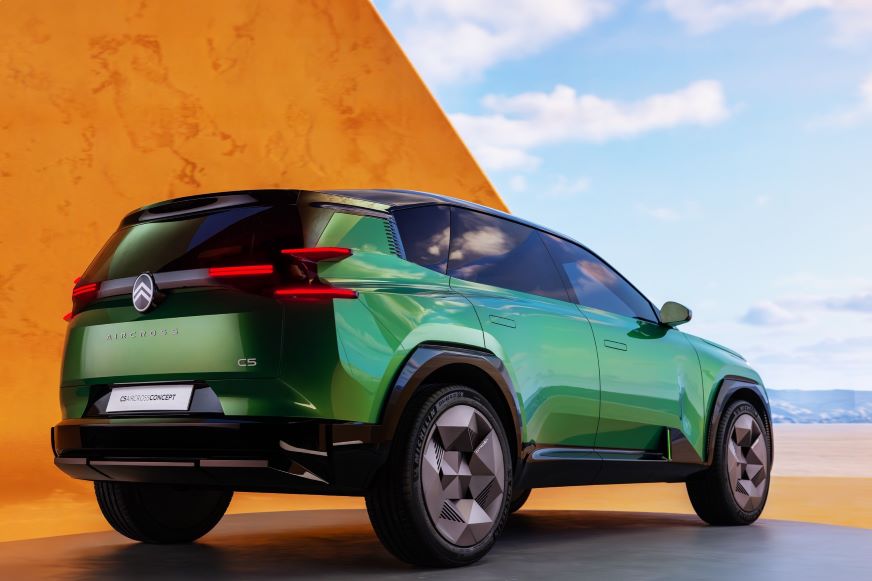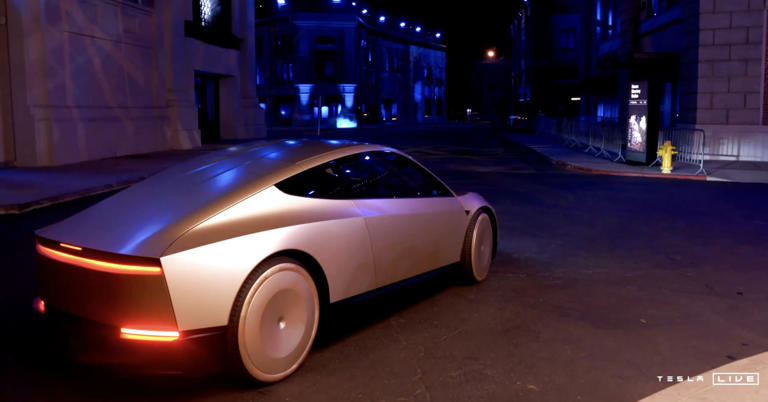Rohit Baniwal, writer
Brief news
- Major European automakers showcased low-cost electric vehicles (EVs) at the Paris Motor Show to regain market share from Chinese brands, with models priced under 20,000 euros.
- Experts believe the introduction of affordable EVs could boost sales from 14% to 24% of the market next year, addressing consumer demand for reasonably priced options.
- Industry leaders view current challenges as transitional, emphasizing the need for investment in charging infrastructure and consumer behavior adaptation to achieve full electrification.
Detailed news
PARIS, France— At the Paris Motor Show this week, several of Europe’s largest automobile manufacturers introduced low-cost electric vehicles (EVs) in an effort to reestablish demand and regain a portion of the market share that is currently held by Chinese brands.
There is speculation that the biennial industry exhibition, which commenced in Paris on Monday and will conclude on Sunday, could serve as a pivotal moment for the automotive sector in Europe.
Julia Poliscanova, senior director for vehicles and e-mobility supply chains at the Transport & Environment campaign group, stated to CNBC at the Paris Motor Show, “It feels like Europe is fighting back.”
“There are numerous new models on display, and the best part is that there are numerous launches that are more reasonably priced.” Citroen, Peugeot, and Renault are all exhibiting more affordable models, according to Poliscanova.
“This is precisely what is required for the mass market, as it will encourage consumers to purchase these vehicles in greater quantities. Additionally, this is the area in which the Chinese compete most fiercely,” she concluded.
A lack of affordable models, a lower-than-anticipated deployment of charging infrastructure, and a brewing trade war with China have created a perfect storm of challenges for European car titans as they strive to achieve full electrification.
The pressure on European manufacturers is expected to intensify further next year, as emissions-reduction targets are set to be implemented. Some are advocating for immediate relief measures to prevent the imposition of substantial penalties.
In light of this, automobile manufacturers have endeavored to leverage the Paris Motor Show as a platform to introduce a variety of low-cost models, as they are acutely aware of the necessity to increase the sales of electric vehicles.
Renault, a French automobile manufacturer, for example, unveiled the Twingo E-Tech electric prototype to audiences for the first time. It is stated that the all-electric vehicle will be priced at less than 20,000 euros ($21,800) upon its release in 2026.
Renault has also introduced its compact electric SUV, the R4, and is currently accepting reservations for its electric R5 model. The Dacia brand of the group unveiled its Spring model, which is touted as one of the most cost-effective electric vehicles (EVs) available, with a price tag of less than 20,000 euros.
The new compact Citroen C4 and C4 X were introduced by the auto colossus Stellantis, who characterized the models as “perfect examples” of the automaker’s response to the challenges of the energy transition.
Mobility at an affordable price
Transport & Environment’s Poliscanova stated, “The narrative is that there is no consumer demand for EVs, and people have lost interest in them. However, this is not entirely accurate.”
“This year, we did not offer any affordable models in Europe, which is why consumers are not purchasing the exorbitantly priced premium vehicles.” Nevertheless, consumers will be eager to acquire vehicles in the appropriate price range when they become available next year.
Poliscanova stated that the introduction of numerous low-cost electric vehicles (EVs) could result in electric car sales occupying up to 24% of the market next year, a significant increase from the 14% observed this year.
The challenge for Western manufacturers to maintain pace with Beijing is underscored by the fact that Chinese-made EVs typically cost less than half the prices they were priced at in Europe and the U.S. last year, according to data firm JATO.
According to JATO, the average retail price of a battery electric car in China was approximately 31,000 euros during the first half of 2023. In contrast, the average retail price of a battery electric car in Europe was over 66,000 euros during the same period, while in the United States it was 68,000 euros.
At the Paris Motor Show on Monday, Dacia CEO Denis Le Vot stated to CNBC’s Charlotte Reed, “People are seeking affordable mobility.”
“At this precise moment, we are completely renewing the Spring.” Featuring a completely new design for the 2024 edition, a new engine with 64 horsepower, a new electronic architecture, and a new steering system, all for a price of less than 20,000 euros. He also mentioned that there are not many full-electric vehicles available in Europe at a price that is less than that.
Le Vot stated that Dacia continues to provide affordable mobility in the electric vehicle sector, citing the sale of over 150,000 Spring models in Europe.
“Never a narrative of linear growth”
According to Pere Brugal, president and managing director of GM Europe, the obstacles that Europe’s auto industry is currently encountering should be perceived as a transitional phase rather than indicative of a crisis.
“The adoption of new technologies and new behaviors is never a linear growth story; however, the end game is full-electric vehicles,” Brugal stated to CNBC at the Paris Motor Show.
According to Brugal, the industry’s challenges are primarily due to the necessity of altering ingrained behaviors, rather than to physical or technical obstacles.
“In reality, there is already a robust network of charging infrastructure in Europe that enables electric vehicle mobility; however, additional investment in public charging infrastructure will be beneficial,” he continued.
Source : CNBC News




